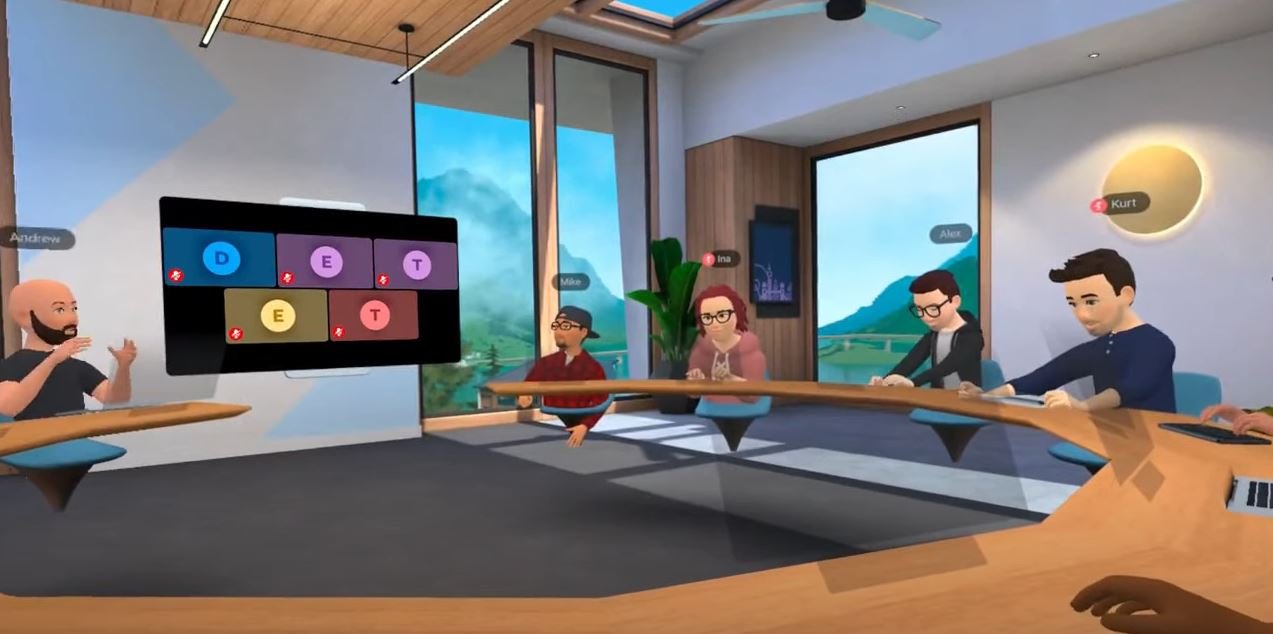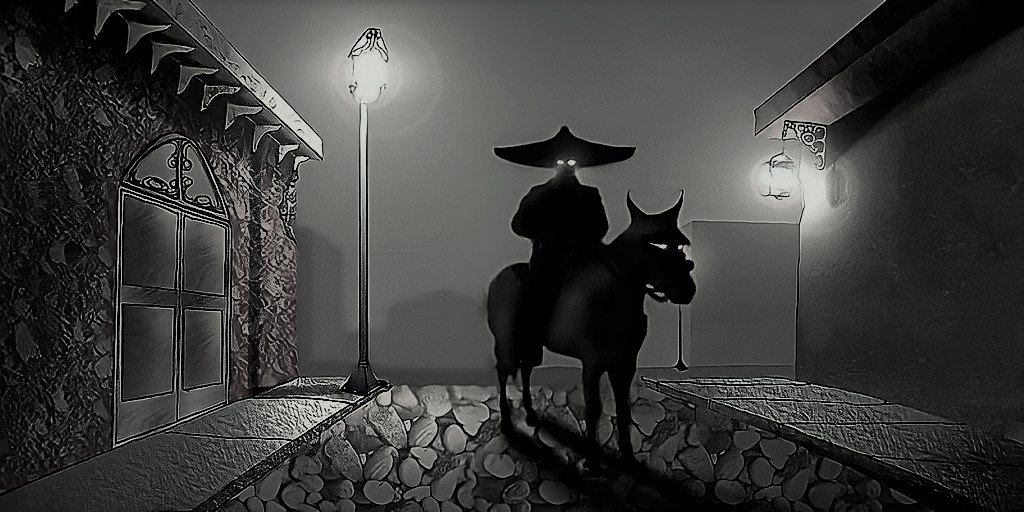The Facts on The Doorway Effect
Have you ever walked into a room and immediately forgotten why you went in there? There’s an extremely good chance you have but don’t worry there’s nothing wrong with your memory or brain. What you experienced is called the Doorway effect, a psychological event that causes you to temporarily lose some memory.
This man is about to forget his entire life.
Is the Doorway Effect Real?
In 2006 Professor Gabriel A. Radvansky, Ph.D., and others at the University of Notre Dame began studying and testing the reason behind this ‘forgetting phenomena’. Finally, in 2011 he and the others published their findings in The Quarterly Journal of Experimental Psychology. Something that I assume took 5 years because they kept forgetting what they were doing every time they walked into a new room.
In their first experiment, participants controlled a character in a virtual environment and were told to pick a random object on a table; once selected, that item disappeared into their inventory. The participants were then instructed to have their virtual characters move to another area of the map. Once in the new area, the character would replace their current item with a new item.
Some characters did this while staying on the same map while others had to transition into a new room through a doorway. Every so often the Professor would ask the participants what was the last item their character picked up. Since we’re talking about forgetting things when entering a new room, you can guess which group tended to forget what they picked up.
For the second experiment, the researchers must have figured out that most of us still live in the real world and ran their tests using real rooms. The results were practically the same. Whether you’re in a real world or a fake world, your brain will forget things… but maybe not all the time.
“Soon this WILL be the real world” - Mark Zuckerberg, probably
Several studies done after the original, specifically those from researchers at the University of Queensland and Bond University, found that the doorway effect wasn’t happening. Since both universities are in Australia, does that mean Australians are just the absolute best at memory games?
Not quite, because further experiments showed that while the doorway effect “isn’t as pronounced as previously thought”, if your brain is multitasking, going through a doorway will cause you to forget. In the end, two key factors cause the doorway effect: you must be entering a new area, and your thought process must be interrupted or overloaded.
Event Segmentation Theory
Before you start going all Memento and writing everything on post-it notes before walking through a doorway, it turns out that the doorway effect can be beneficial. Multiple studies have found that taking advantage of the process that causes the doorway effect can actually improve memory.
One of the theories for why the doorway effect happens is that your brain separates your memory into events. When you’re in a room, that’s an event. When you exit that room and go through a doorway (called an event boundary), you start a new event. Your brain then stores all that information from the previous event allowing you to recall parts of it later. This is called Event Segmentation Theory.
In 2009 several researchers ran a few tests where participants watched a short film. Once the film was over, the participants were questioned about what they just saw but first, some crossed an event boundary. Those that did cross an event boundary were able to recall the information easier than those that didn’t.
It’s thought the reason this happens is that once your brain stores that event into memory it can easily recall it like you can when you’ve been studying for a test. So while the Doorway effect can cause you to forget why you walked into a room, it can help you store and recall information that you’ve learned in a previous event.
“Oh, I’m definitely going to pass that final now.”
Another study had two groups of participants study two sets of words. The first group of participants crossed a doorway in between studying the first and second set of words, the other group didn’t.
Guess which group was able to recall the set of words more easily? That’s right, the second group… oh wait no, sorry, it was the first group. I was changing my stand-up desk to a sit-down position and forgot what I was typing because that technically counts as an event boundary.
See, here’s where things get slightly more complicated because an event boundary isn’t necessarily a doorway. If you spend a considerable amount of time sitting at a desk and then get up to do something else, you’ve just ended an event and may have triggered the Doorway effect.
Why is our brain doing this to us? Well, that might be because of another theory for the cause of the doorway effect. This theory says that whenever an event ends, our brains go from an internal to an external perspective to assess the risks of our new environment. It quickly drops the past into memory and starts focusing on what’s changed around you, causing you to forget why you even left the safety of the room to begin with.
“My brain assures me there are lions behind that door.”
While we know that there’s definitely something happening in our brains that sometimes makes us forget things once an event boundary is crossed, we still don’t exactly know why it’s happening. So forgetting things when you walk into a new room isn’t a sign of your brain malfunctioning, unless, of course, you also forget that you’re alive.
Related Article: The Facts on Walking Corpse Syndrome (Cotard’s Delusion)
Quick Facts
When it comes to film, a cut in a scene is considered an event boundary this explains why no one can forget when in Taken 3, Liam Neeson jumped over that fence. That 6-second scene had about 15 cuts in it.
There has been some evidence that shows that just imagining yourself walking through a doorway can trigger the doorway effect.
Brains are complicated
















